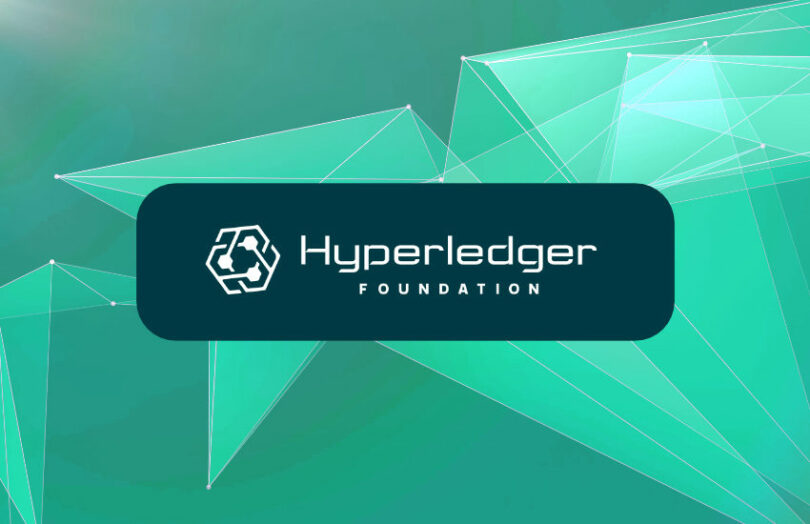Today the Hyperledger Foundation, the enterprise grade blockchain ecosystem, announced two new members, Citi and Brazilian Development Bank (BNDES). Additionally, it unveiled a new Hyperledger Besu Financial Services Working Group. Besu is the popular Ethereum blockchain client that targets enterprise users and works with public and private Ethereum blockchains.
New members
Last year, Citi unveiled its tokenized deposit offering, Citi Token Services, and later revealed that it used a private Ethereum blockchain infrastructure. However, it has also been experimenting with other technologies, such as Avalanche.
“We’re not just looking to the future; we’re shaping it, aiming for the next generation of financial solutions to be built on a foundation of trust, safety, soundness, and technological innovation powered by the global community,” said Biser Dimitrov, Global Head, Distributed Ledger Technology Center of Excellence at Citi. “We look forward to being a part of this cutting-edge community.”
With the addition of BNDES, numerous regional blockchain development networks now use Besu, including LACChain (IDB), Europe’s EBSI and Spain’s Alastria network.
Another Brazilian institution, Banco Central do Brasil, uses Besu as the foundation of its wholesale central bank digital currency (CBDC) project, DREX.
Hyperledger Besu Financial Services Working Group
The central bank is one of the members of the new finance working group led by the DTCC. Others include Accenture, Consensys, Citi, Japan Securities Clearing Corporation (JSCC), Kaleido, LACNET, Mastercard, Santander, Visa, and Web3 Labs. Recent Blockdaemon research found that 44% of 92 institutions it explored used Besu.
“The number of enterprise users of Hyperledger Besu in the digital assets space is rapidly increasing, underscoring the need for establishing a collaboration space for the financial services industry to align on development priorities,” said Carlos Vivas of the DTCC, and Chair of the working group.
Hyperledger already has a special interest group (SIG) for the financial services sector. However, the SIG’s focus is on general financial services use cases and is not linked to one of Hyperledger’s 13 projects. In contrast, the new Besu Financial Services working group is a technical working group that will influence the Besu roadmap.
“It’s creating an open forum for anyone to participate. You don’t have to be a member of the Foundation,” said Daniela Barbosa, Executive Director of Hyperledger Foundation. “But many of our founding members, including our newest one, Citi, are taking leadership roles in that working group. And it is a place for the end users and the engineers at those financial services companies to work on requirements to help the maintainers of Besu understand the critical features that need to be implemented and moved forward in the Besu project.”
Eyes on public blockchain
A key driver in Besu’s popularity is the potential for institutions to use public blockchain now or migrate some functionality in the future. Besu is the third most popular Ethereum software client, used by about 9% of public mainnet and especially by institutions. In January the second most popular client, Nethermind, had a bug that caused an outage, highlighting the importance of diversifying clients.
That could be a pro and con for Besu. On the one hand, it could help drive further adoption on public blockchain. But there’s also an argument that Besu could become overly dominant for permissioned Ethereum instances. Hence, a bug could influence several institutional infrastructures. One counter argument is that permissioned chains have greater control, so the risks are not as significant.






